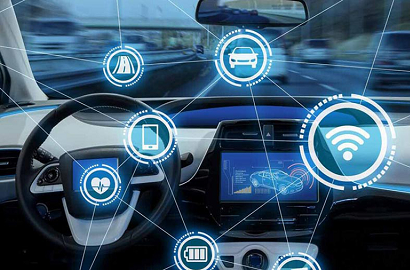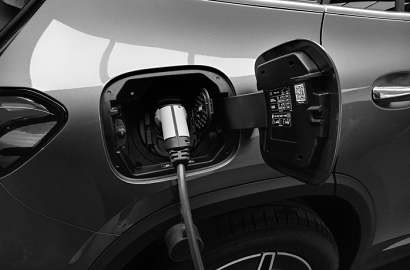Renault to unveil electric car seed project backed by 50 companies

It includes 31 sustainable initiatives, and will be implemented in ten autonomous regions
Renault Spain has submitted a seed project to the call for Strategic Projects for Economic Recovery and Transformation (PERTE) in relation to Electric and Connected Vehicles (VEC). Implementation will be led by a consortium of around 50 companies, 70% of which are SMEs, with a presence in ten autonomous communities.
The purpose of the PERTE VEC is to make Spain a leader in sustainable and connected mobility. Renault's plan is to create an industrial ecosystem that will focus on the manufacture of electric and connected vehicles. To do this, the company will pursue 31 initiatives related to decarbonisation, connectivity and mobility as a service, together with its partners.
Industrial ecosystem
The French firm has surrounded itself with partners that encompass all the areas it wishes its future industrial ecosystem to cover. Vehicle manufacturing activity is therefore complemented by the participation of component producers such as the Antolín Group and Gestamp, technology companies such as Technica Electronics Barcelona, battery manufacturers such as Cegasa Energía, clean energy companies such as Genia Bioenergy and circular economy companies such as Reydesa Recycling.
Public-private collaboration is one of the PERTE requirements. This explains why technology centres such as CTAG (the Galician Automotive Technology Centre) and Centro Zaragoza, universities such as Carlos III in Madrid and other institutions, such as the Consorcio de la Zona Franca de Barcelona, are also taking part in the project.
A well-rounded project
As Renault EVP, Group Industry and Group Country Head, Iberia José Vicente de los Mozos explained, “this is a really well-rounded project, as it draws together all the knowledge for manufacturing electric and connected vehicles in a sustainable and cyber-safe way, consolidates R&D&I in Spain, and facilitates the development of environments linked to electric, autonomous and connected vehicles, paving the way for Spain to become a leader in sustainable mobility”.
As part of the decarbonisation objective, the project will among other things address initiatives related to hydrogen, carbon-neutral fuels, batteries, and reducing the weight of materials. Mobility as a service, research and development of new technologies will aim to provide vehicles with innovative features.
Autonomous and connected vehicles
In terms of connectivity, the company will be pushing forward with plans for communication between devices, digitisation, cybersecurity and the development of electronic vehicle platforms. This is the case with the Artus initiative, for example, which is focused on the design of different test infrastructure for autonomous and connected vehicles in several autonomous regions.
Renault will be using the PERTE project as a platform for the transformation of its entire industrial and knowledge ecosystem, not only in its five Spanish plants, but also internationally. The company, which has 25,000 employees in Spain alone, expects to complete the project by 30 June 2025.
Photo: Renault




